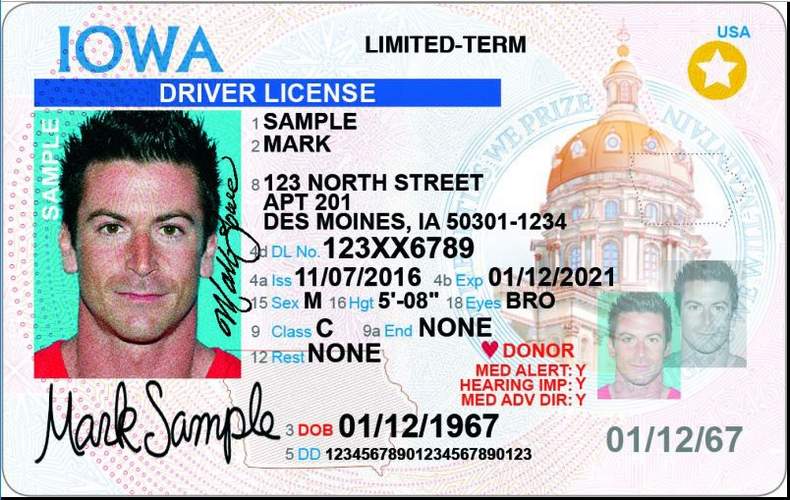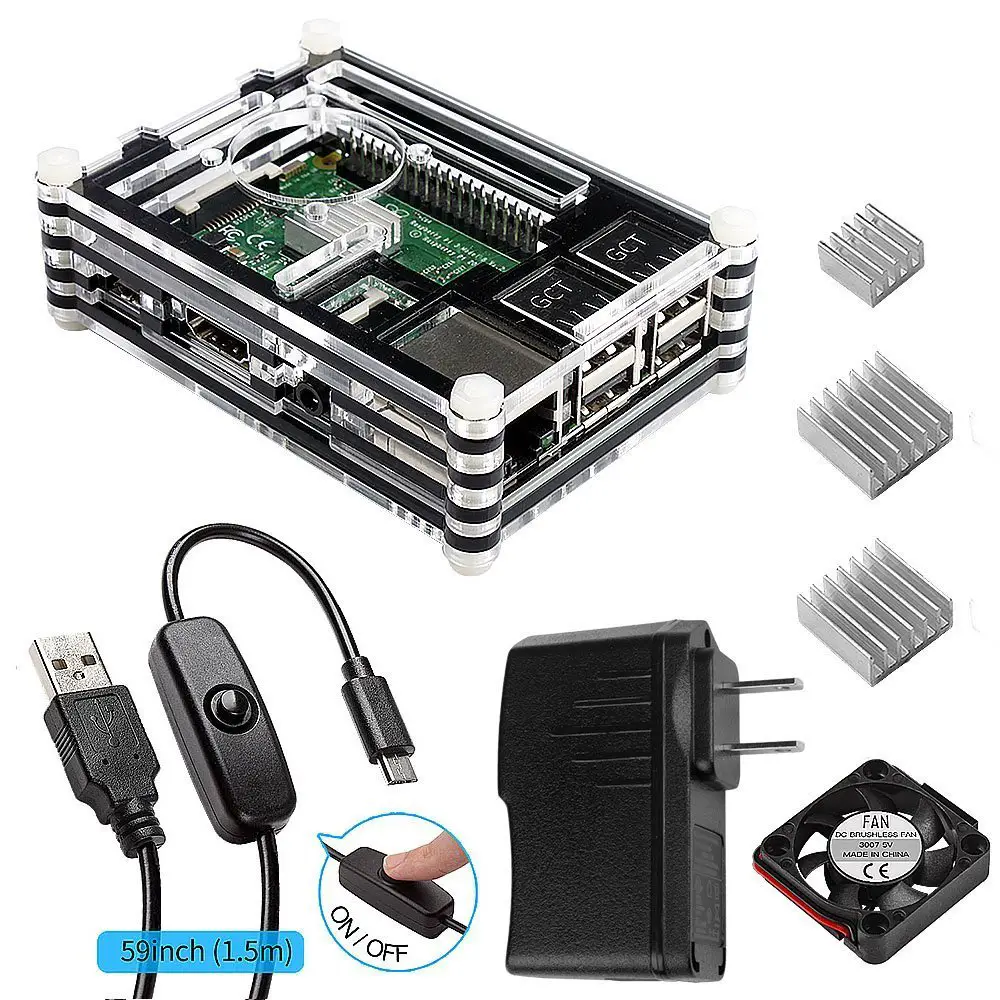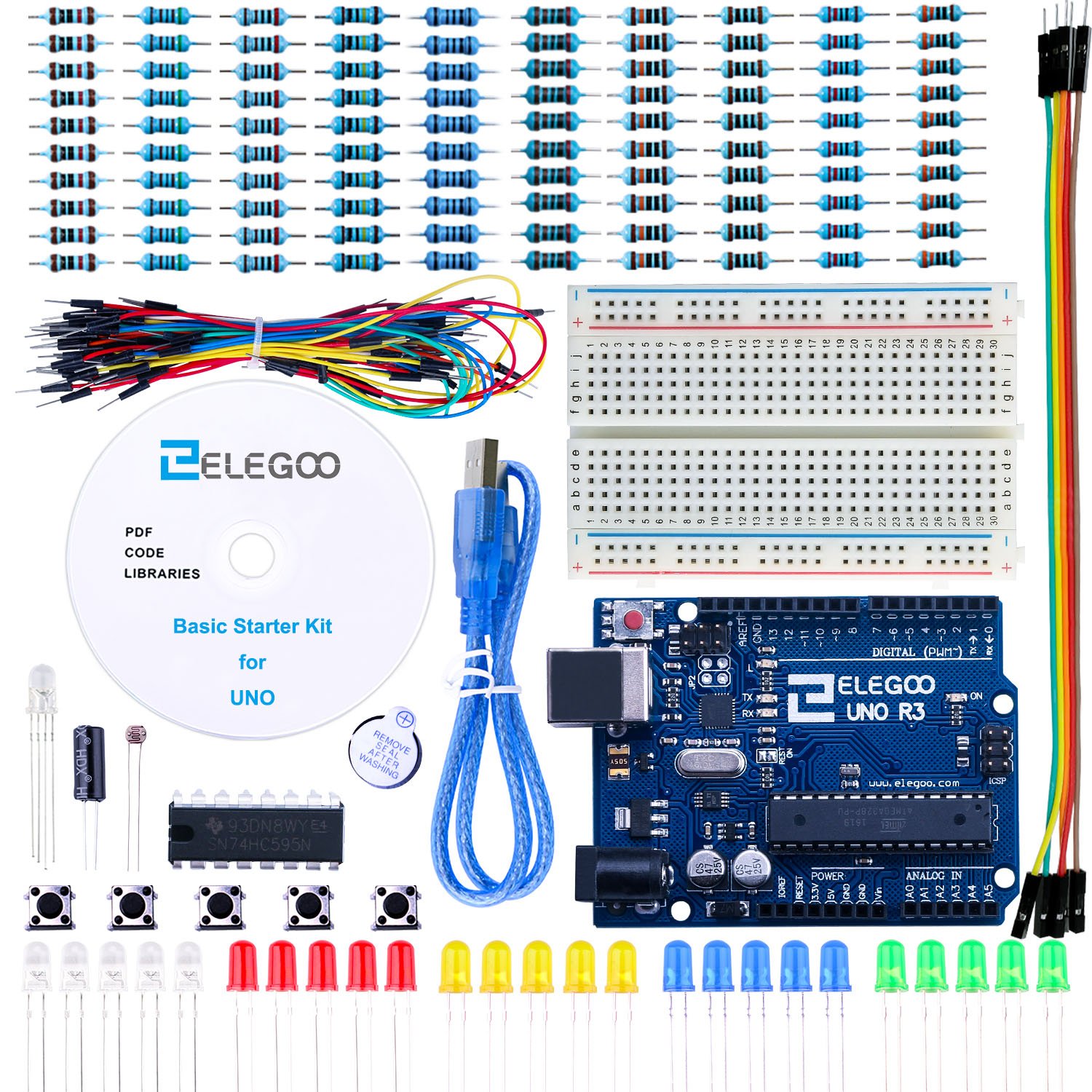; Date: Mon Jul 08 2019
Tags: Machine Learning »»»» Facial Recognition »»»» Ubiquitous Spying »»»»
Tens of millions of U.S. citizens have had their faces scanned by the FBI and Immigration and Customs Enforcement (ICE) without their knowledge or consent, according to new documents collected by researchers at Georgetown Law. The goal, to develop a facial recognition database that would recognize "illegal immigrants", is dubious at best. But the action was taken without approval by Congress, or the individual people.

Departments of Motor Vehicles across the USA have a database of drivers license photos. Nowadays that database is computerized and searchable.
What's happening is that ICE is routinely pulling photos from this database in order to build a machine learning based facial recognition system. ICE targeted states that allowed undocumented immigrants to get drivers licenses. The end goal of building such a database is to build a system that, given a photo of a suspect, indicates whether that suspect is a known "illegal immigrant".
Machine learning systems rely on having a large database of sample images with which to train a machine learning model. A machine learning model consists of statistical calculations that indicate a result. Facial recognition is what's known as an "image classification" problem, where the trained model classifies the image with various characteristics. An image classifier might be trained to recognize dogs versus horses, but in this case ICE is seeking to build an image classifier to recognize known undocumented immigrants.
From a technology perspective this technique is problematic if used for a critical function like law enforcement. Any machine learning model produces a statistical guess -- meaning the model will tell the ICE agent it thinks this person is 65% likely to be so-and-so who is a known undocumented immigrant.
But will the ICE agent understand the nuance between a 65% confidence versus a 99% confidence that a suspect photo matches a drivers license photo in the drivers license database? How many of us have had bad drivers license photos? And since drivers license photo's low resolution, they're a poor choice of source data.
In other words, we can safely predict ICE agents will wrongfully arrest someone as a suspected undocumented immigrant. You might say that ICE will then do a good job of determining the actual identity of the arrested suspect. But ICE has a poor track record of acting with integrity, given the number of US citizens who have been "deported" under false pretenses and other problems.
What makes this worse is the abrogation of the promise made in the states allowing undocumented immigrants to get drivers licenses.
“The state has told [undocumented immigrants], has encouraged them, to submit that information. To me, it’s an insane breach of trust to then turn around and allow ICE access to that,” said Clare Garvie, a senior associate with Georgetown Law’s Center on Privacy and Technology, who led the research.
“This is a scandal,” Harrison Rudolph, a researcher at Georgetown Law, told the New York Times. “States have never passed laws authorizing ICE to dive into driver’s license databases using facial recognition to look for folks."
"These states have never told undocumented people that when they apply for a driver’s license, they are also turning over their face to ICE," Rudolph said. "That is a huge bait and switch.
How is ICE getting drivers license data? They have forged personal relationships with DMV agents across the country, and have been able to ask often just by sending an e-mail. Often the DMV officers comply without requiring a search warrant or other official justification.
Source:
Washington Post, NY Times,
Vice News, TechCrunch











